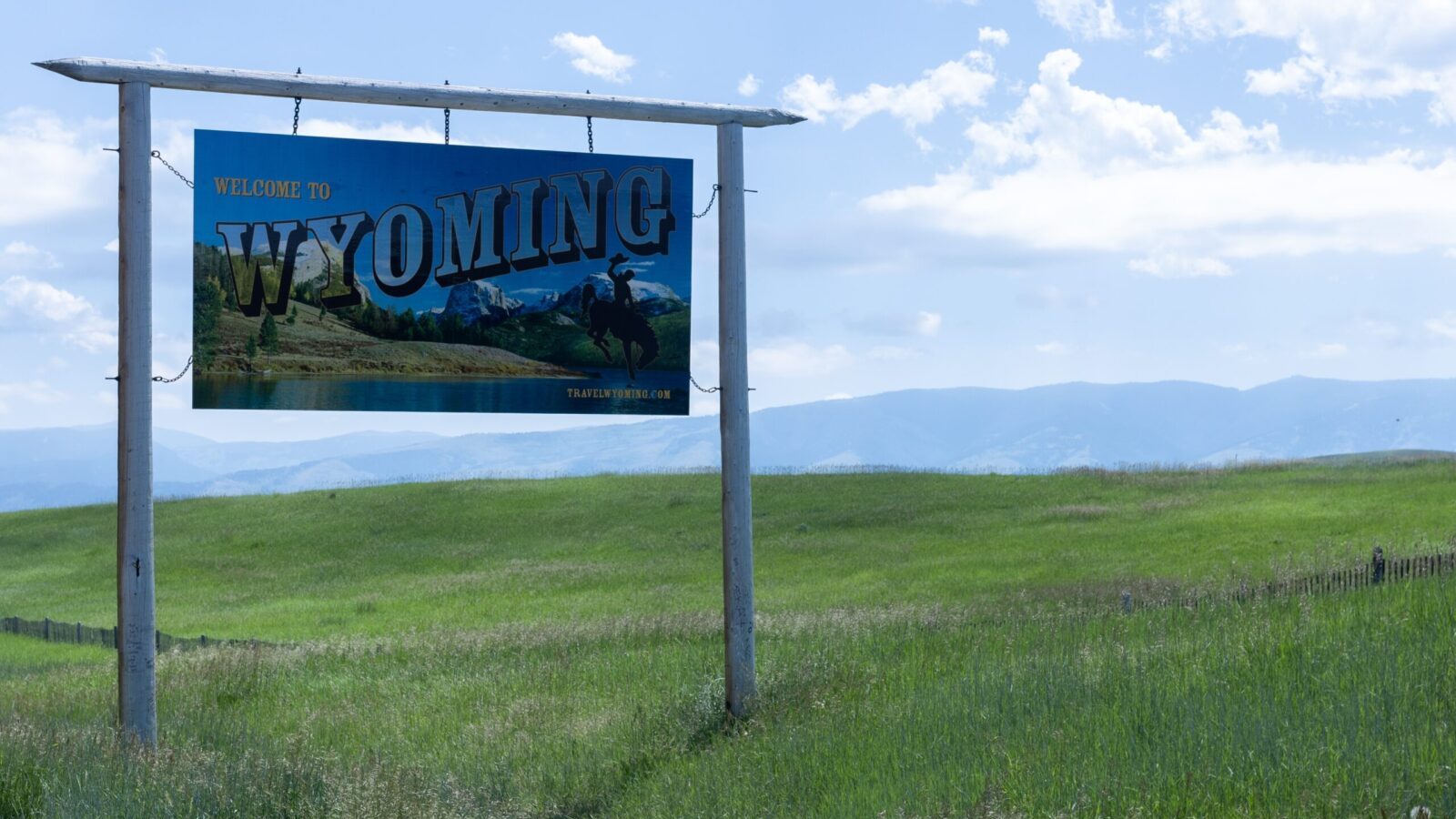Wyoming Conducting Gaming Feasibility Study, Online Casino Among Subjects
With Spectrum Gaming Group’s help, the state is exploring a revamp of its gambling laws
2 min

The Wyoming Gaming Commission, in collaboration with the Wyoming State Legislature, has enlisted the expertise of Spectrum Gaming Group to conduct a sweeping feasibility study on the future of gambling in the state.
This study, mandated by the Joint Appropriations Committee in the 2024 General Appropriations bill, represents Wyoming’s most comprehensive examination of gaming to date. The findings could shape gambling laws, regulations, and potential tax revenue for years to come.
The study, commissioned as a top priority for the interim legislative period, will explore several facets of Wyoming’s gambling landscape, including historical horse race wagering, “skill-based” amusement games, and online sports betting, while also looking into other forms of mobile gambling, such as online casino. The review aims to assess current activities, explore the potential for regulatory improvements, and identify any gaps in the state’s existing legal framework.
Spectrum, which has previously led similar studies in Indiana, New York, Massachusetts, and other states, will spend the next few months investigating Wyoming’s gaming operations through site visits, data collection, and consultation with key stakeholders.
A comprehensive scope of inquiry
The study’s scope is expected to be wide-ranging. It will delve into the growth and proliferation of wagering locations across the state, the Wyoming Gaming Commission’s oversight capacity, and the transparency and efficiency of monitoring gaming licensees. Particular attention will be given to horse track safety.
Another key area of focus will be how the state’s laws affect consumers regarding the security, integrity, and fairness of gaming activities. With gambling rapidly evolving across the country — particularly with the rise of sports betting — Wyoming’s legislators are keen to ensure that their regulations keep pace with changes in technology and consumer preferences.
One of the most anticipated outcomes of the study is the potential for a uniform regulatory structure in the state governing various forms of gambling. Presently, different forms of gambling are subject to different rules, and the commission hopes to streamline oversight.
Spectrum’s findings may influence whether Wyoming decides to move forward with new legislation in 2025.
The future of sports betting and online gaming
Wyoming’s exploration of its gaming industry, conservative by nature, comes at a pivotal moment in the broader context of gambling in the U.S. Despite significant progress, Wyoming’s gaming market remains relatively limited and nascent compared to neighboring states with established casino industries.
One of the key questions Spectrum will address is whether Wyoming should move to further expand its gaming offerings, particularly through the authorization of interactive/online gaming. Proponents argue that expanding gambling options could generate significant new revenue streams for the state, especially in rural areas where economic opportunities are limited.
However, opponents of gaming expansion caution that a more robust gambling market could introduce new challenges, including increased problem gambling and concerns about maintaining the security and integrity of gaming operations. Spectrum’s study will be crucial in helping legislators weigh the potential economic benefits against the social and regulatory costs.
Regional implications
The outcome of Wyoming’s gaming study could extend beyond its borders, influencing policies in neighboring states that have been slower to embrace gaming expansion. Wyoming’s relatively small population and rural nature make it an interesting case study for other states considering the regulation of new forms of gaming.
In recent years, nearby states such as Montana and South Dakota have also explored the expansion of gambling, particularly with regard to sports betting.
For Wyoming lawmakers, the challenge will be to balance the benefits of potential tax revenue with the need for a strong regulatory framework. As gambling activities expand, the state will need to ensure that its oversight bodies, particularly the Wyoming Gaming Commission, have the resources and authority to maintain fair, secure, and transparent operations.
Another factor lawmakers will need to consider is the potential for gambling tax revenue to support essential services. While Wyoming has traditionally relied on industries like energy and agriculture to fund its budget, gambling could provide a much-needed diversification of state revenue streams.
Neighboring states like Colorado have seen substantial financial benefits from sports betting and other forms of legalized gaming.





